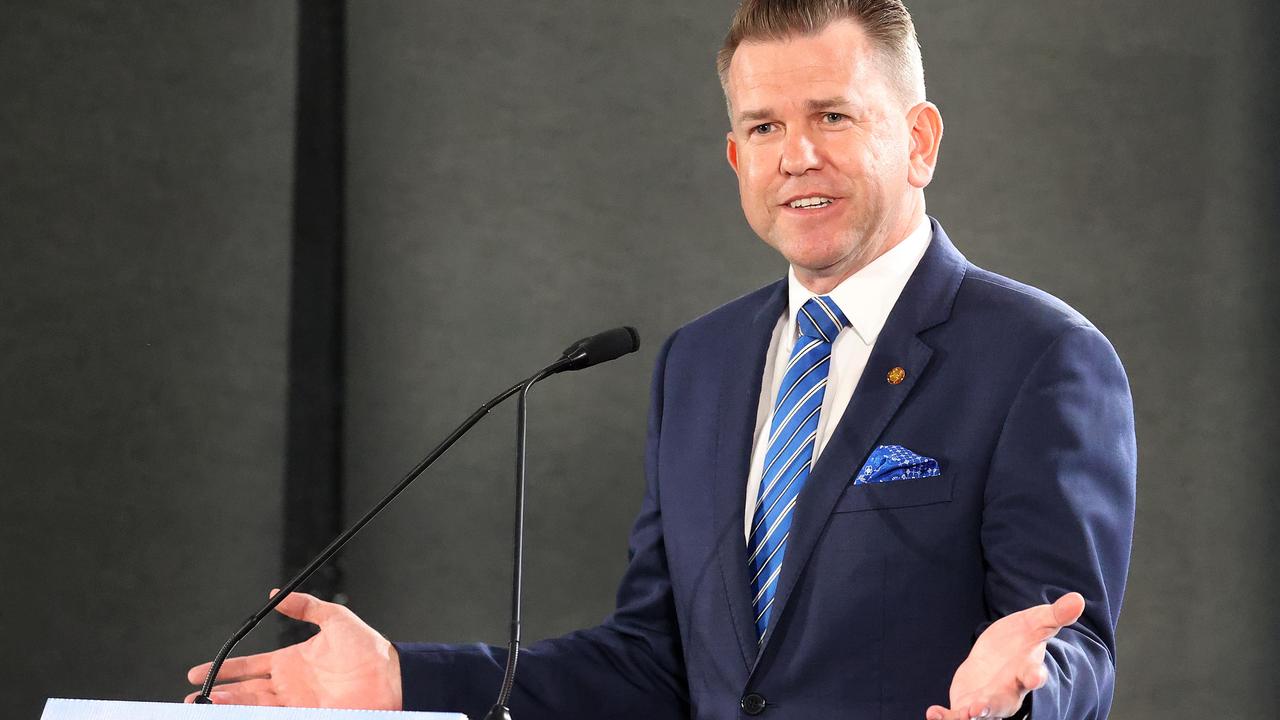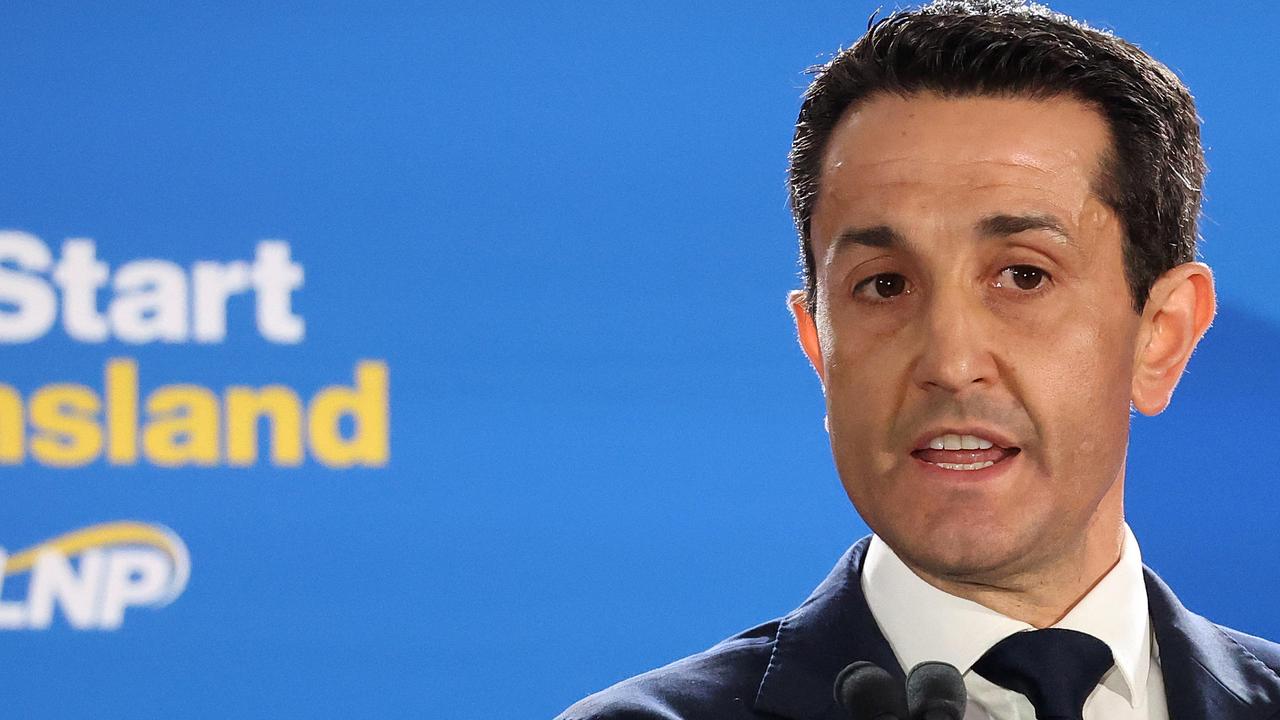Australia lags behind the West, favours scare tactics, when it comes to nuclear power
Just like in the 1970s, opponents of nuclear power aren’t allowing facts get in the way of a good scare campaign, James Morrow writes.
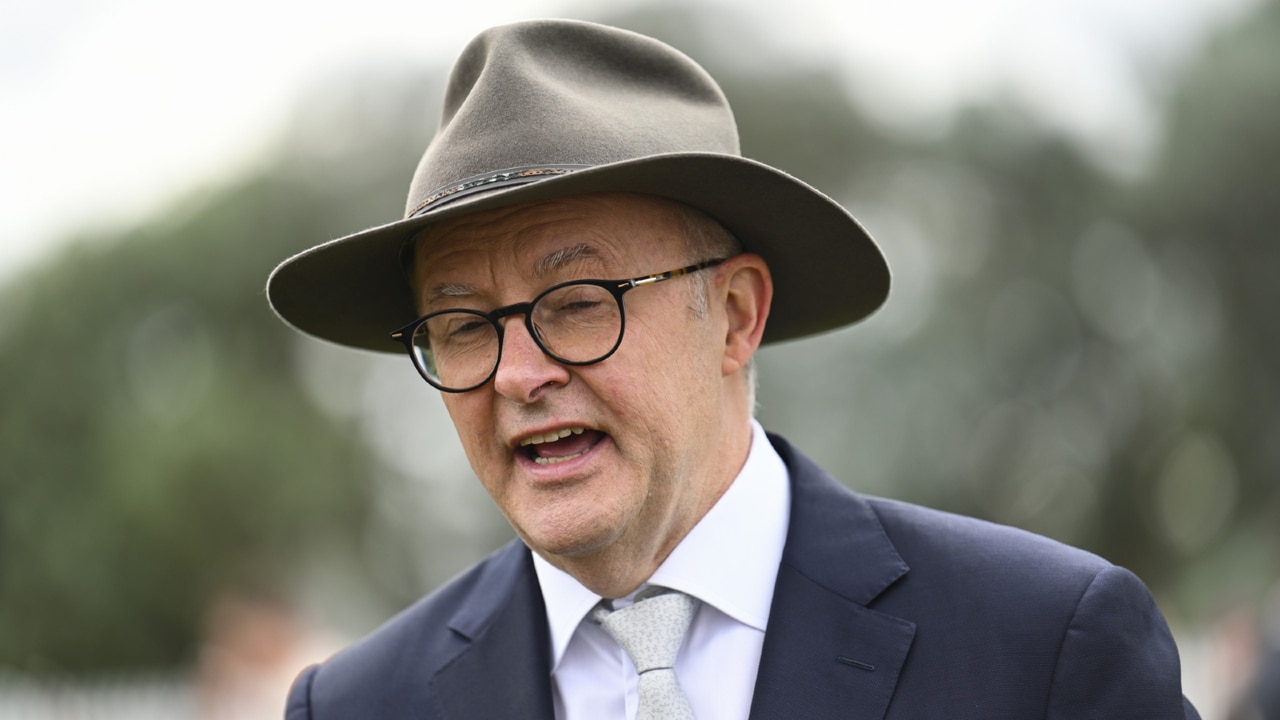
Opinion
Don't miss out on the headlines from Opinion. Followed categories will be added to My News.
Before there was Chris Bowen’s three-eyed fish there was Three Mile Island.
In the early morning of March 28, 1979, the Unit 2 reactor at the Three Mile Island nuclear power plant in Pennsylvania experienced a partial meltdown that resulted in a release of radioactive gases and iodine.
Nobody died, nor were scientists able to prove any long-term health effects on people or wildlife downwind.
But then as now, opponents of nuclear power didn’t let the facts get in the way of a good scare campaign.
The incident was quickly whipped up by environmental activists, anti-nuclear groups (some with murky ties to the old Soviet Union), and large swathes of the media to the point that “Three Mile Island” became shorthand for “nuclear power is horrifyingly dangerous and no one should want to live anywhere near these plants”.
It was almost surely the inspiration for The Simpsons’ three-eyed fish which was later briefly adopted by Labor as a totem for the havoc that would come if Australia joined so many other nations in signing up to nuclear.
Lately though things have changed.
Three Mile Island is in the news again not because of radiation, but because the plant’s Unit 1 reactor – decommissioned five years ago – is set to re-open in 2028, with every watt of power it produces going to fuel Microsoft’s energy hungry AI servers for the next 20 years.
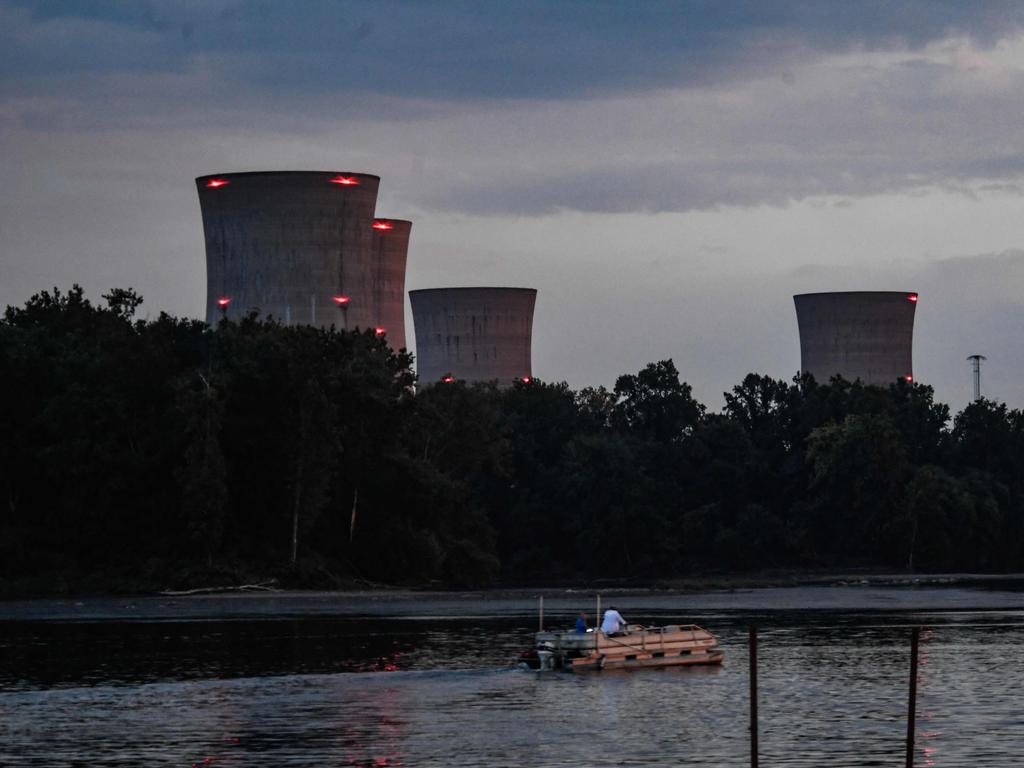
The dollar figures haven’t been released yet, but the deal shows where the world – with the exception of Australia, which we will look at in a moment – is going.
Microsoft thinks it is worth restarting Unit 1 to get 20 more years of life out of it, rather than the many decades more a new build might provide, simply because their computing systems are so energy- hungry it’s worth it.
And in the US, this sort of freebooting push to use power – even nuclear power – to fuel the next wave of prosperity is perfectly legal.
Unlike in Australia, where even seriously investigating nuclear power is basically against the law.
It’s not just Microsoft that is going down the nuclear path.
Last week AWS, the cloud computing arm of Amazon, started advertising for a “principal nuclear engineer” to develop a road map for the company to get into small modular reactors and develop a nuclear fuel strategy.
News of the open position comes after dropping nearly $1bn on a nuclear-powered data centre, coincidentally also in Pennsylvania.
“Tech companies are scouring the nation for power that is both reliable and helps them meet their pledge to fuel AI development with zero-emissions electricity — driving a nuclear power revival,” wrote the Washington Post, reporting on the deal.
Meanwhile, while it’s still unclear just how much AI will transform society, the fact is that the next wave of productivity and prosperity is in no small part going to depend on massive computing power that requires equally massive quantities of energy.
On Monday in the US, 14 of the world’s largest banks signed on to a commitment to increase their support for nuclear energy – big names like Citi, Barclays, and Bank of America.
Even US Democrats, still nominally led by Joe Biden, are supportive of nuclear power – as are a host of other Western leaders from Justin Trudeau in Canada to Emmanuel Macron in France.
Yet again Australia – or at least Labor – seems completely oblivious to key facts about what is happening around the world.
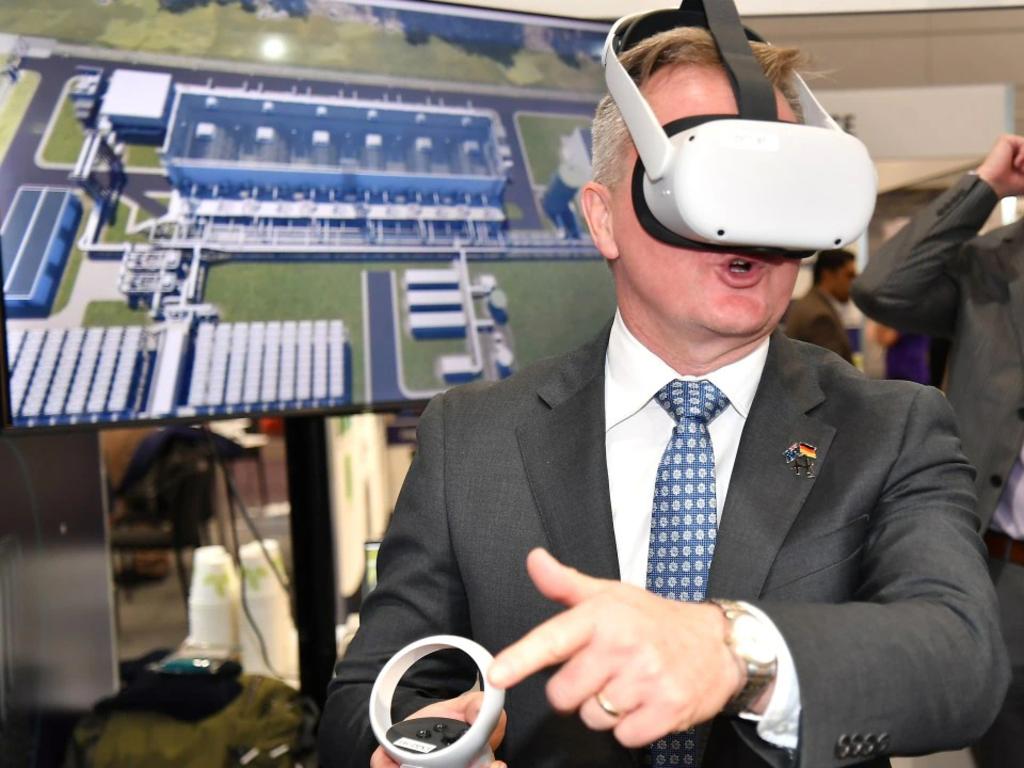
One, that there is a hugely energy-hungry economic transformation taking place that will give early adaptors a massive advantage.
And two, that in a carbon-constrained world, the only way to take advantage of this coming boom is with stable net zero power sources like hydro (which Australia does not have a lot of) or nuclear.
Despite this AEMO, which manages the nation’s power markets, has only in the last few months acknowledged the power demands of streaming services, cloud computing, and AI in their most recent “Statement of Opportunities”.
And even there, the language is telling.
Rather than working to ensure the power is out there for these facilities, the document reveals that AEMO’s emphasis is on “on-site generation” (though of course not of the nuclear variety) and “the potential flexibility of these loads” (i.e. operators will be told to power down in a pinch).
With that attitude, Australia would have as much chance catching a three-eyed fish as capitalising on this next big thing.
More Coverage
Originally published as Australia lags behind the West, favours scare tactics, when it comes to nuclear power





